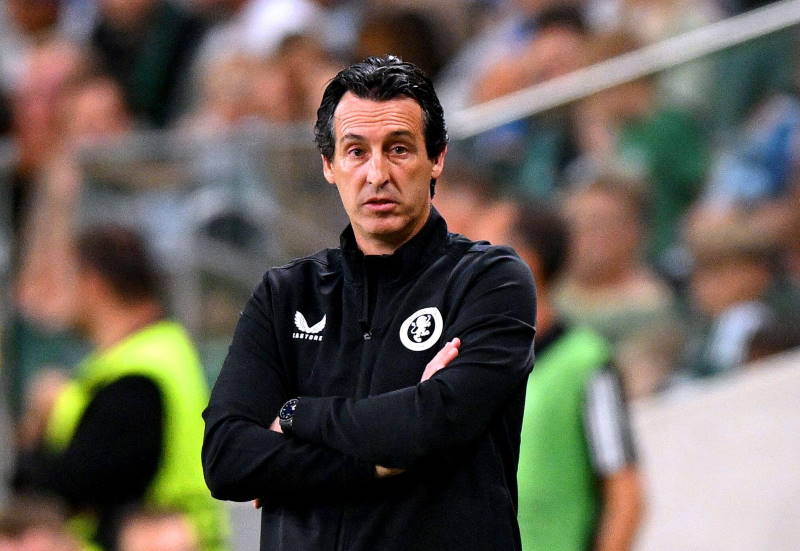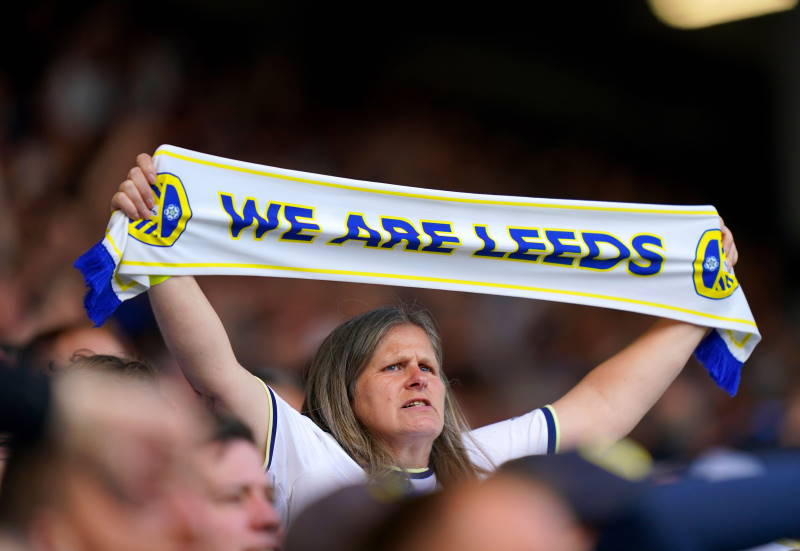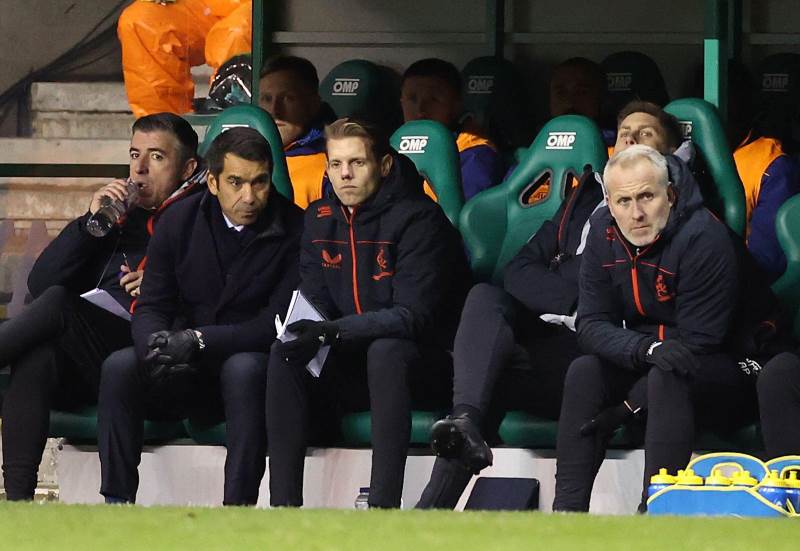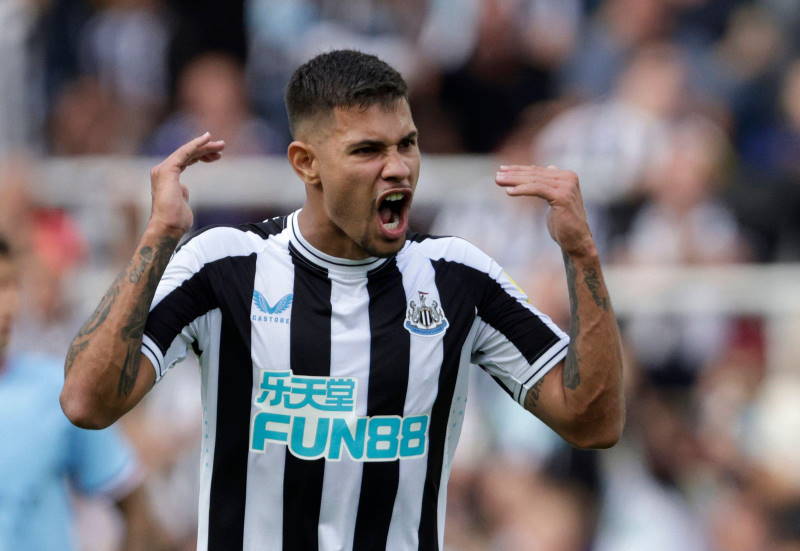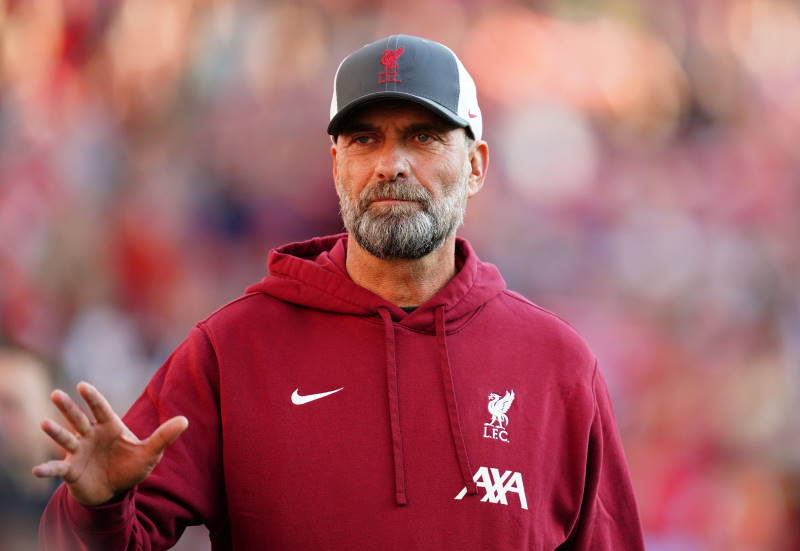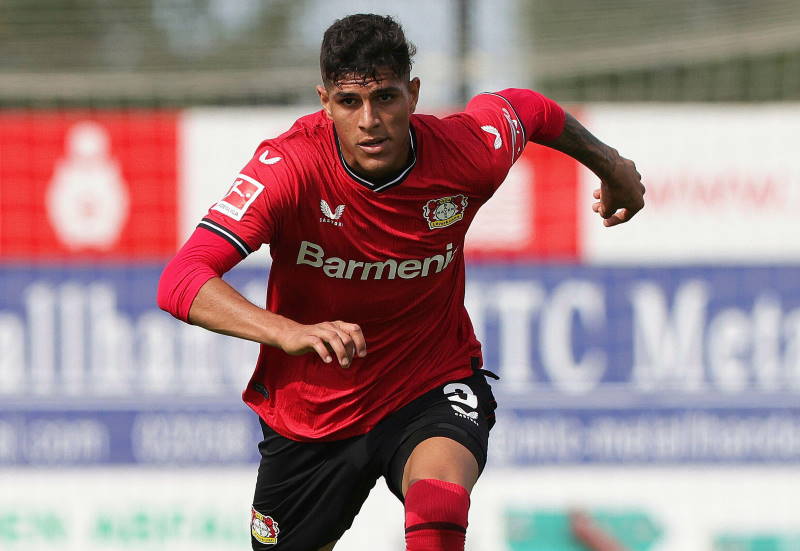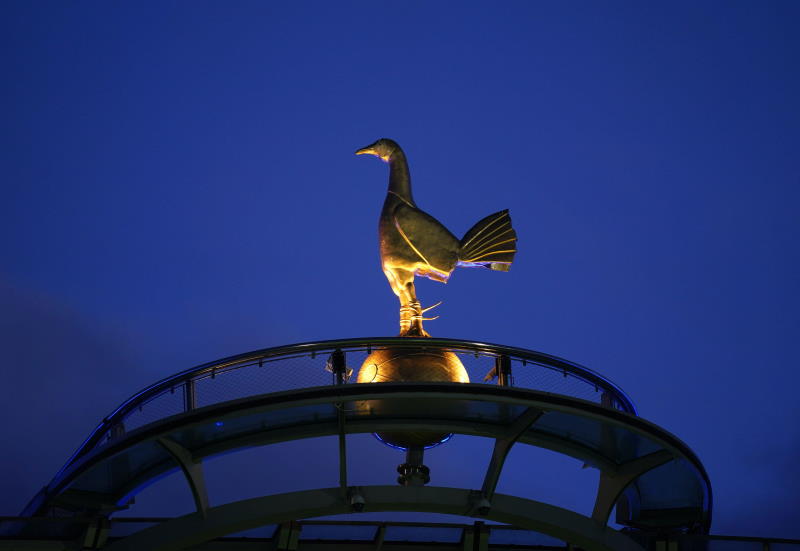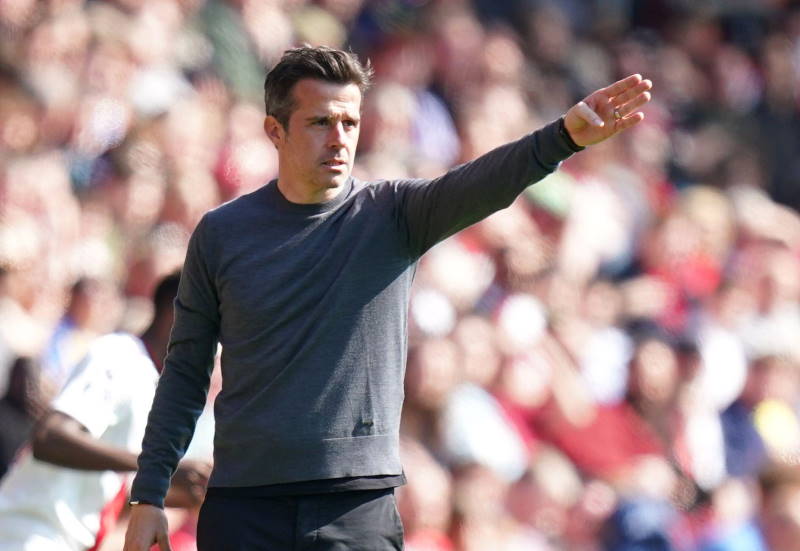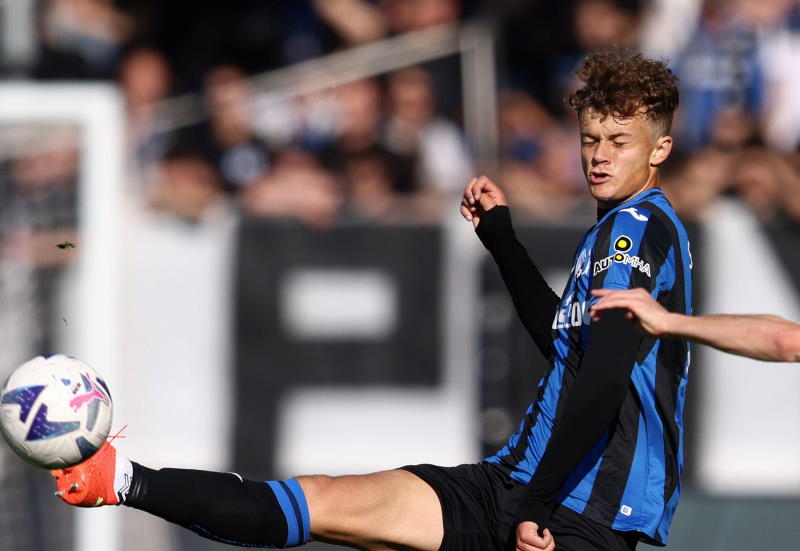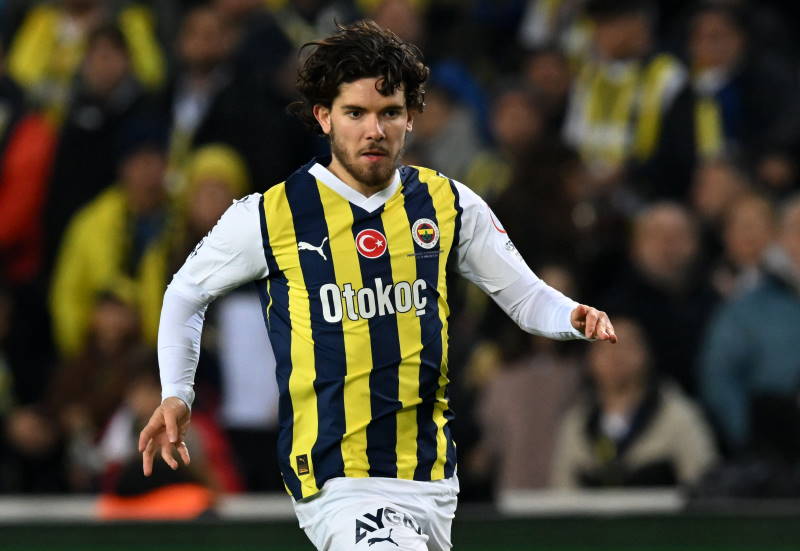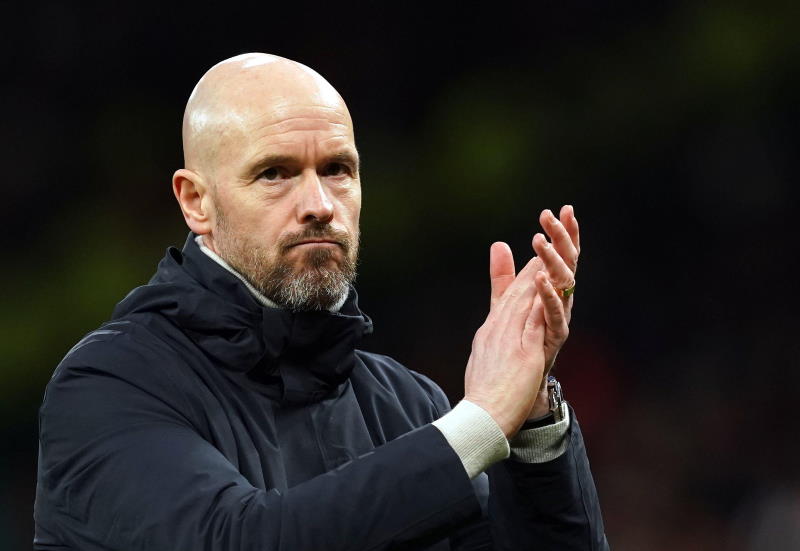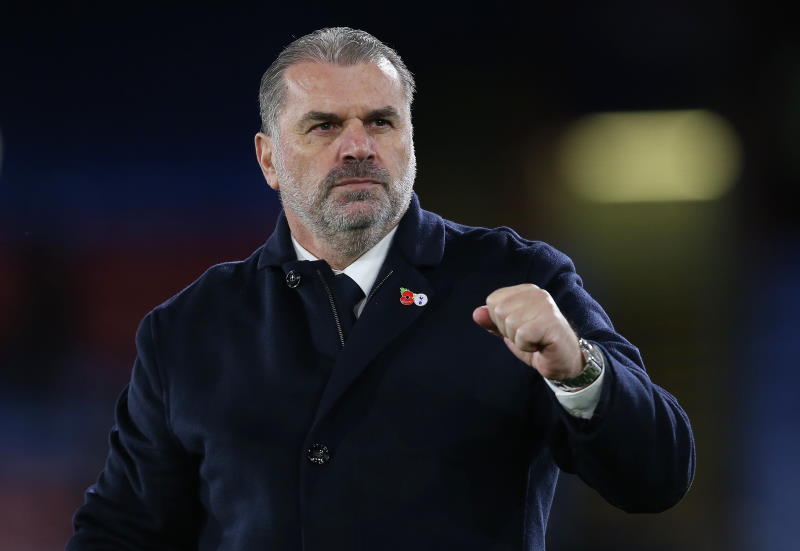 [kalooga-img]
[kalooga-img]
Less than a year after Zambia experienced an emotional victory in the last African Cup of Nations in Gabon, the competition is back. The 2013 edition takes place a year after the last in order to avoid clashing with the World Cup in future years, and thus ensuring that the continent’s top sides treat the competition as seriously as possible.
Qualification took place through the use of playoffs, rather than the usual group stage format. Last year Nigeria and South Africa were missing, as were Egypt and Cameroon. The Pharaohs, who had won the previous three tournaments prior to 2012, and the record seven times winners, are once again absent, having been defeated in a major shock by the Central African Republic in the first round of qualifying. Cameroon, who have claimed the tournament four times, lost to the Cape Verde Islands, the smallest nation ever to qualify, who make their debut in the tournament this year. They kick off the event against hosts South Africa, in a difficult looking group along with Morocco and Angola.
Senegal are another big name absentee, having lost a bad tempered playoff to continental heavyweights Ivory Coast, who come into this year’s tournament looking to finally claim the African Cup of Nations title they have been predicted to win for so many years now. Having lost on penalties in the final in 2006 and 2008, Sabri Lamouchi’s team will hope it is a case of third time lucky if they reach the final again. The Ivory Coast are in the toughest group of all, as they always seem to be, with Algeria, Tunisia and Togo, whose last appearance in this tournament in 2010 saw them withdraw before the action began after their coach was fired upon.
Also returning to the tournament are Ethiopia, back for the first time in 30 years, although they will face champions Zambia, Nigeria and Burkina Faso in Group C. Group B sees favourites Ghana take on Mali, DR Congo and Niger. One other absentee of note is Libya, who had been meant to host this year’s tournament. After the civil war which tore the country in half in 2011, Libya agreed to swap hosting rights for 2013 with South Africa, who were to stage the 2017 event. Libya will now host the tournament in four years’ time. But South Africa have been rocked in the build-up after senior officials in their football sssociation were put on leave last month after being implicated in a FIFA report into match fixing. However, there were no specific allegations of wrongdoing against any of the accused, including FA President Kirsten Nematandani, and they have now been reinstated. The hosts will hope that it is matters on the pitch which dominate the headlines.
This competition promises to be one of the most open in years. Here, Inside Futbol preview this year’s tournament group by group.
Group A – Angola, Cape Verde Islands, Morocco, South Africa
Angola qualified for South Africa after narrowly beating Kenya in the qualifiers. They have never got past the first round at the African Cup of Nations and Uruguayan coach Gustavo Ferrin has a tough job on his hands to break that unwanted record. Manucho is the biggest name in their squad and the former Manchester United and present Real Valladolid forward will spearhead his team’s attack alongside Mateus, who plays for Nacional in Portugal. Angola have a number of players who play their football in Cyprus, one of whom, the hugely experienced midfielder Gilberto, will be key at this year’s event.
 Cape Verde are the surprise team at this year’s competition after a shock win over Cameroon in qualifying. A squad of relative unknowns, their key stars include Lille’s Ryan Mendes and Maritimo’s Heldon Nhuck. How they must be ruing seeing the likes of Nani, Eliseu and Rolando, all of Cape Verdean descent, competing for Portugal instead; the squad are also missing a clutch of key players, including captain Lito. The Cape Verde islands lie just off the West African coast and it represents a unique opportunity for them to overshadow nearby Senegal. Luis Antunes’ team may be fourth favourites in this group, but they are actually ranked higher in Africa (15th) than their three rivals. Antunes himself is an air traffic controller by trade, who has had to get time off from his job to manage the side at this tournament, and last month visited Jose Mourinho, picking up some of the wily Real Madrid coach’s tricks. With friends like that and a feel-good factor behind them, Cape Verde’s hopes cannot be dismissed out of hand.
Cape Verde are the surprise team at this year’s competition after a shock win over Cameroon in qualifying. A squad of relative unknowns, their key stars include Lille’s Ryan Mendes and Maritimo’s Heldon Nhuck. How they must be ruing seeing the likes of Nani, Eliseu and Rolando, all of Cape Verdean descent, competing for Portugal instead; the squad are also missing a clutch of key players, including captain Lito. The Cape Verde islands lie just off the West African coast and it represents a unique opportunity for them to overshadow nearby Senegal. Luis Antunes’ team may be fourth favourites in this group, but they are actually ranked higher in Africa (15th) than their three rivals. Antunes himself is an air traffic controller by trade, who has had to get time off from his job to manage the side at this tournament, and last month visited Jose Mourinho, picking up some of the wily Real Madrid coach’s tricks. With friends like that and a feel-good factor behind them, Cape Verde’s hopes cannot be dismissed out of hand.
Morocco will come into the tournament confident of reaching the last eight and will not underestimate the challenge ahead, having failed to progress past the group stage last year. The big talking point in the build-up to this year’s tournament is the omission of Queens Park Rangers’ Adel Taraabt, but coach Rachid Taoussi has a talented group of players. Getafe midfielder Abdelaziz Barrada is one of the up and coming stars of the African continent, and several of this Moroccan side competed at the London 2012 Olympics. Montpellier’s Younes Belhanda is the focal point of the team, while Liverpool’s Oussama Assaidi has impressed since moving to Anfield in the summer. Karim El Ahmadi adds bite in midfield, Mounir el Hamdaoui flair and class in attack and Udinese’s Mehdi Benatia is an impressive defender. If Taoussi can get the most out of the talents at his disposal his team could go very far.
Hosts South Africa received a major blow last year when captain Steven Pienaar announced his retirement from international football. The Everton man continues to impress in the Premier League and was undoubtedly the country’s key player. On the pitch, Bafana Bafana have been struggling. They missed out on Equatorial Guinea and Gabon last year because of incompetence both on and off the field. South Africa drew their last qualifier for the 2012 tournament believing it was enough to make it to the finals, prompting on field celebrations, only to have misunderstood the rules and find themselves out. A run of eight games without a win saw South Africa turn to Gordon Igesund to resurrect their fortunes last June. They are currently third in their World Cup qualifying group though, having failed to beat either Ethiopia or Botswana so far. A recent 1-0 defeat to Brazil gave some encouragement to the South Africans, much of which was lost again in the 1-0 defeat to an inexperienced Norway side in a warm-up friendly. Having failed to qualify from the group stage during the World Cup they hosted in 2010, this competition gives the country a chance to show off the infrastructural legacy of that tournament, go far on home soil and put off field woes behind them.
Group B – DR Congo, Ghana, Mali, Niger
The DR Congo were hit by the announcement by winger Yannick Bolasie, who plays for English Championship club Crystal Palace, felt he was not ready for international football after being called up for the finals. Two times winners of the African Cup of Nations, they had not reached the tournament since 2006 and were fortunate to take on regional minnows Seychelles in the qualifying round. Coach Claude Le Roy has the experience and know how to guide the country past the group stage, and he will look to Tresor Mputu to inspire the team. The TP Mazembe captain was pivotal for his club in their run to the final of the Club World Cup in 2010. Meanwhile, striker Dieumerci Mbokani’s pace and intelligence could pose problems for their rivals.
 Ghana coach Kwesi Appiah has made the bold decision to exclude Marseille forward Andre Ayew after a dispute over a hamstring injury. It is a brave move that means more pressure will be on Asamoah Gyan to score the goals to fire Ghana to the final, where they will hope to lift the trophy for the first time since 1978. Strong, organised and fast, Ghana have the best African Cup of Nations record of those present in South Africa. Kwadwo Asamoah is their best player, the Juventus star providing thrust and skill down the left flank. They would be disappointed not to get to the last four again.
Ghana coach Kwesi Appiah has made the bold decision to exclude Marseille forward Andre Ayew after a dispute over a hamstring injury. It is a brave move that means more pressure will be on Asamoah Gyan to score the goals to fire Ghana to the final, where they will hope to lift the trophy for the first time since 1978. Strong, organised and fast, Ghana have the best African Cup of Nations record of those present in South Africa. Kwadwo Asamoah is their best player, the Juventus star providing thrust and skill down the left flank. They would be disappointed not to get to the last four again.
Mali knocked co-hosts Gabon out of last year’s competition at the quarter-final stage on penalties. One of the continent’s leading sides, they have never won this tournament and will hope to go far this year. Impressive coach Patrice Carteron is one of the best in Africa and he will build a team around the enduring talents of Seydou Keita in South Africa. Keita should link up well with the recalled Mohamed Sissoko. A number of stars, including Modibo Maiga, Samba Diakite and Cheick Diabate, mean that the Malians should not be underestimated.
Niger made their African Cup of Nations debut last year, finishing bottom of their group, but nonetheless they travel to South Africa with most of the same players. One of those who was at the competition last year was coach Gernot Rohr, but he found himself fired after their failure to pick up a point. Following a brief spell under Rolland Courbis, Rohr has returned to take the reins as Niger prepare for their second venture into the continental competition. They do not lack for determination, having overcome a 1-0 first leg defeat at Guinea in the qualifiers to make it to South Africa. Moussa Maazou, who has played for CSKA Moscow, is the star of the team and their captain, and significant responsibility rests on his shoulders.
Group C – Burkina Faso, Ethiopia, Nigeria, Zambia
Coach Paulo Duarte left after Burkina Faso crashed out of last year’s competition without getting a single point. Belgian Paul Put took the reins, and guided his team past the Central African Republic to get this far. Moumouni Dagano is poised to play at his sixth African Cup of Nations, but this team are built around the talents of Lorient’s Alain Traore. The prolific, powerful attacking midfield has been essential for his club during their impressive Ligue 1 season so far, and Traore can be expected to make an impression in this tournament. Marseille’s Charles Kabore and Lyon’s Bakary Kone are other stars of Put’s team.
 Fifty years after winning the competition, Ethiopia make a long awaited return to the limelight. The Black Lions beat Sudan in a thrilling playoff, coming from 5-3 down after the first leg to win on away goals after winning 2-0 at home. A relative unknown quality, the only one of their squad to play outside of Africa is forward Fuad Ibrahim, who plays in the United States for Minnesota Stars. Having held Tunisia to a draw in their build-up to the tournament and beaten Niger, Ethiopia have the capacity to surprise.
Fifty years after winning the competition, Ethiopia make a long awaited return to the limelight. The Black Lions beat Sudan in a thrilling playoff, coming from 5-3 down after the first leg to win on away goals after winning 2-0 at home. A relative unknown quality, the only one of their squad to play outside of Africa is forward Fuad Ibrahim, who plays in the United States for Minnesota Stars. Having held Tunisia to a draw in their build-up to the tournament and beaten Niger, Ethiopia have the capacity to surprise.
Stephen Keshi, a star of the 1994 Nigeria team which won this tournament, is hoping to build a side to once again challenge for the title. Keshi is another to make a big call, having controversially omitted striker Peter Odemwingie to assert his authority over the squad. After a lean few years, there are signs Nigeria are on the rise once again. Captain Joseph Yobo is a reassuring defensive presence, with John Obi Mikel adding further quality to Keshi’s ranks. Up front, Victor Moses and Emmanuel Emenike should combine well and make Nigeria a real handful to deal with.
Zambia’s Herve Renard guided his team to a remarkable and poignant victory at last year’s tournament, with a solid defensive unit counter attacking to ruthless effect. They conceded just three goals in the group stage and none thereafter on their run to the final and subsequent victory. Emmanuel Mayuka and captain Christopher Katongo were the key forwards for the Copper Bullets during the tournament, whilst goalkeeper Kennedy Mweene distinguished himself. However, Zambia only qualified for this year’s event after another epic penalty shoot-out, winning 9-8 against Uganda after the two nations traded 1-0 wins. Retaining their trophy will be a tall task.
Group D – Algeria, Ivory Coast, Togo, Tunisia
Vahid Halilhodzic is an experienced campaigner and the wily coach will attempt to mastermind an Algerian charge this year. The North Africans will not be fazed by the Ivory Coast either, with memories of a remarkable and dramatic quarter-final victory over the West Africans in the 2010 tournament. They are also ranked as the second best side on the continent, behind the Ivorians. The experience of captain Medhi Lacen in midfield will be important and the Algerians do not lack for quality. They can call upon Djemal Mesbah and Sofiane Feghouli, who ply their trade for AC Milan and Valencia respectively, whilst Ryad Boudebouz is a talented and creative winger.
 The Ivory Coast are on paper far and away the strongest team in South Africa. Didier Drogba, Yaya Toure, Kolo Toure, Lacina Traore, Cheick Tiote, Gervinho and Arouna Kone are the highest profile names in a star studded squad. Yet tournament after tournament, the Ivory Coast flatter to deceive. Last year it seemed the hoodoo would finally be broken, but they once again lost a penalty shoot-out in the final against Zambia. Didier Drogba even missed a penalty in normal time. Sabri Lamouchi took over after that tournament and he will be determined to achieve what his predecessors have so far failed to do.
The Ivory Coast are on paper far and away the strongest team in South Africa. Didier Drogba, Yaya Toure, Kolo Toure, Lacina Traore, Cheick Tiote, Gervinho and Arouna Kone are the highest profile names in a star studded squad. Yet tournament after tournament, the Ivory Coast flatter to deceive. Last year it seemed the hoodoo would finally be broken, but they once again lost a penalty shoot-out in the final against Zambia. Didier Drogba even missed a penalty in normal time. Sabri Lamouchi took over after that tournament and he will be determined to achieve what his predecessors have so far failed to do.
Togo will hope to put the memories of 2010 behind them during the next month, although they will start as fourth favourites to qualify from this group. They were boosted by the announcement by Emmanuel Adebayor that he will play in the tournament. The Tottenham man had been unsure about the merits of participating after the trauma of three years’ ago. Togo cannot be underestimated having beaten a useful Gabon side in the qualifiers, and have a rising talent in Reims playmaker Floyd Ayite. But the talent in their squad will be stretched to its very limit in this group.
Tunisia will look to make an impact after a few difficult years during which they have gone through a number of coaches. Sami Trabelsi is now looking to build a stable and solid unit. This Tunisia side will look to Issam Jemaa and Youssef Msakni for inspiration. Jamel Saihi’s absence through injury will be a major loss though.
There are fears that like last year, many tickets will go unsold and there will be swathes of empty seats in the stands in South Africa. Organisers want to sell half a million tickets, but so far they are only 60% towards that target. An exciting tournament will spur interest and South Africa will be hoping a good start against Cape Verde sparks more ticket buying from home fans.
It is not a given that the hosts will make the last eight, but if they do momentum and home support could take them far and give South Africa a fighting chance. Better bets for success include the talented and youthful Moroccans, Ghana, a resurgent Nigeria, last year’s winners Zambia, Mali, Algeria and of course, the Ivory Coast. The Elephants will be favourites, and rightly so, yet something unexpected always seems to crop up to deny the Ivorians success at these tournaments.
Other teams to look out for will be Ethiopia and Cape Verde, unknown quantities who are capable of springing more surprises. And Burkina Faso have the talent to shock their more illustrious opponents. The African Cup of Nations usually surprises, and some big names will be left licking their wounds in the weeks ahead. Will the Ivory Coast finally end their hoodoo? Or is it simply not meant to be for their golden generation?
Betting on football? Check out Inside Bet before you bet!
[kalooga-article]

